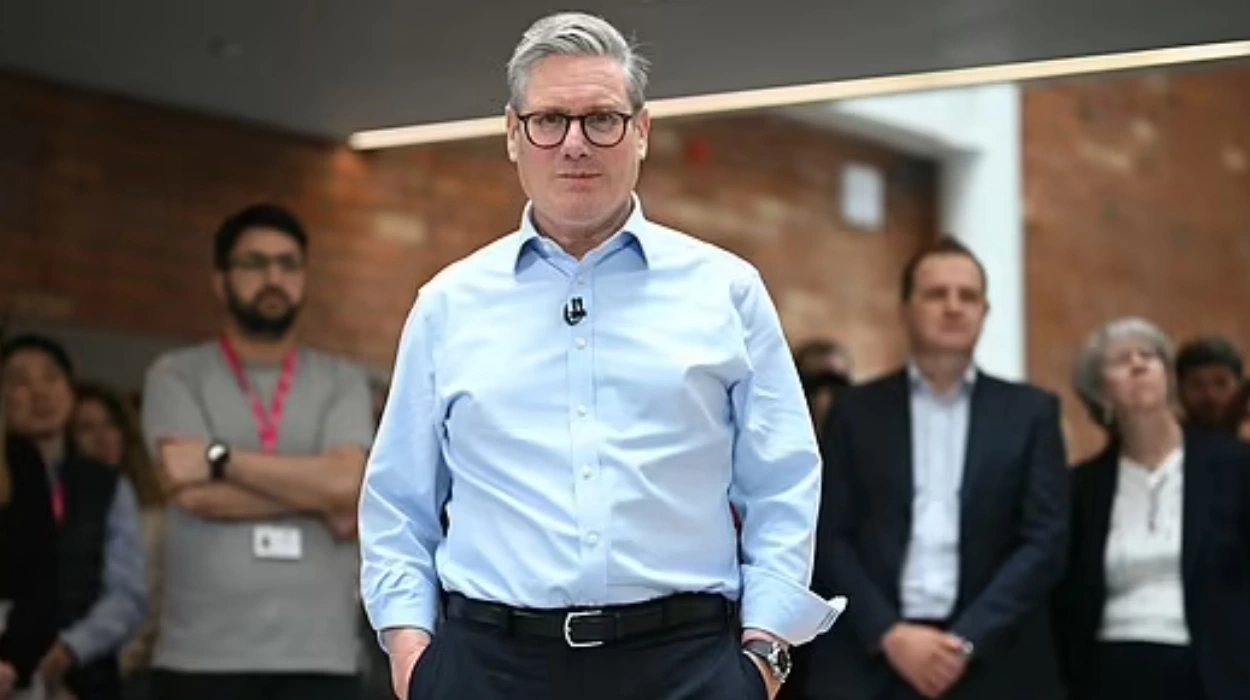UK (Parliament Politics Magazine) – Downing Street rejects welfare reforms driven by fiscal concerns, insisting they are necessary for both moral and economic reasons.
Number 10 has rejected claims that ongoing welfare system reforms are motivated by financial difficulties.
What did Downing Street say about welfare reforms?
Keir Starmer‘s official spokesperson stated that changes to the benefits system are necessary for both moral and economic grounds.
He stated,
“I think the Prime Minister has been clear there is both a moral and an economic case for fixing our broken social security system that’s holding our people back, and our country back.”
When asked whether the reforms were due to financial pressures, the spokesperson said,
“No, I think when you look at the fact that we have the highest level of working-age inactivity due to ill health in Western Europe, we’re the only major economy whose employment rate hasn’t recovered since the pandemic. There is a duty to fix the broken system that is letting millions of people in this country down.”
What did Labour backbenchers say about welfare reforms?
Liz Kendall, the Work and Pensions Secretary, will announce welfare reform plans on Tuesday to help more people find jobs and reduce the benefits bill.
Labour senior MP Dianne Abbott condemned the proposed reforms as “not a Labour thing to do.”
Backbenchers have expressed dissatisfaction over poor ministerial communication, with one lawmaker rejecting Number 10’s “engagement session” as a “tickbox exercise.” Another warned that many MPs intend to vote against the proposed measures.
Emma Reynolds, the economic secretary to the treasury, criticized Labour backbenchers for making assumptions regarding welfare reforms before the official plans were revealed.
What do Labour’s planned benefit cuts mean for the UK?
Labour intends to move forward with Tory proposals to slash UK incapacity benefits by £3bn by the end of this parliamentary session.
Reports reveal ministers may pursue additional savings by tightening access to Personal Independence Payments (PIP). If implemented, these cuts would be the largest since 2015 under ex-Chancellor George Osborne’s measures.
How do incapacity and disability benefits work?
Incapacity benefits, also referred to as sickness benefits, are means-tested payments distributed via Universal Credit. Those classified as having “limited capability for work-related activity” receive an additional £5,000 annually and are not required to seek employment.
Disability benefits are a non-means-tested financial program intended to cover disability-related living expenses. PIP is the primary disability benefit, providing financial assistance ranging from £1,500 to £9,610 per year.
What did Keir Starmer announce about NHS England and regulatory reforms?
The Labour government has intensified its push to reduce red tape across various departments, improving administrative efficiency.
Last week, Labour leader Keir Starmer revealed plans to scrap NHS England, citing streamlined operations, cutting expenses, and driving economic growth.
The government announced plans to abolish NHS England and merge the Payments Systems Regulator into the Financial Conduct Authority, while Ms Reeves is expected to eliminate additional regulators.
What did Rachel Reeves say about cutting bureaucracy?
Chancellor Rachel Reeves has warned that excessive bureaucracy is delaying progress in Britain. On Monday, she urged regulatory leaders to streamline processes and eliminate duplication within their oversight responsibilities.
Ms Reeves stated,
“You know that the number one mission of this Government is to grow the economy. Several things over the last decade or so have held back growth, and one of them – if we are honest and you know better than anyone – is the regulatory landscape.”
She added,
“Too much-overlapping regulation, too much bureaucracy, too slow to get things done. It is something that myself and other ministers hear all the time.”


